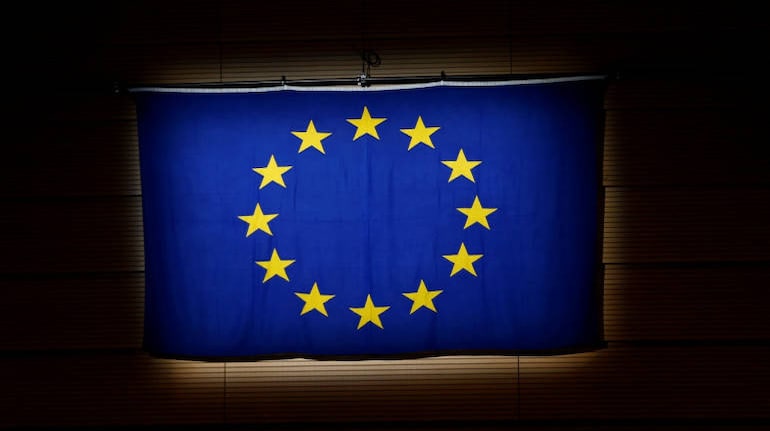



Anubhav SahuMoneycontrol Research
The recent political developments in Germany add to the political risk premium for the eurozone financial market. This is one among the series of events since September – the fractured German mandate, the Catalonian secession crisis, ECB's lower-than-expected "tapering" announcement – which has weighed on the euro, and due to its wider implications, may warrant a close watch.
What didn’t work out?
In our earlier note after the German election, we mentioned that local politics was gearing towards the possibility of three-party tie-up due to a fractured mandate- “Jamaica coalition”, between the Christian Democrats (Merkel’s party) and Christian Social Union (33 percent of votes), the Free Democratic party (11 percent) and the Greens (9 percent). Last Sunday, coalition talks failed as the Free Democratic party walked out of the talks, reportedly over differences on the topics of migration and energy policies.
Given this development, Merkel sounded skeptical about forming a minority government and has indicated her preference for fresh elections. A recent opinion poll suggests the voting pattern may not change dramatically. In fact, there are some concerns that AfD, the far right anti-immigrant party, which won a surprisingly high vote share in the last election, could benefit if a new election happens now
What else is at risk? Brexit talks can be impacted
While the failure of coalition talks increase political uncertainty for Germany, they also threatens collateral damage for Brexit talks. Germany, under the leadership of Merkel, has been the key negotiator and is close to a deal where Britain agrees to the payment of a higher Brexit bill. So far, Britain has offered GBP 18 billion as the settlement fee for exiting EU, while the latter has been asking for close to EUR 100 billion.
EUR/USD – weakened as political events unfolded
Incidentally, a rally in EUR/USD early this year, which was fueled by the political stability after the French election, has weakened, recently due to the German election mess and the Catalonian crisis.
While a larger structural story for the currency is driven by the improving macro and micro fundamentals for the eurozone, near-term weakness/volatility due to political developments cannot be ruled out. Therefore, we continue to suggest that Indian exporters closely watch developments and hedge accordingly.
US treasury 10 year yield difference to German 10 year yield
EUR/USD weakened recently on political and monetary developments
Source: Moneycontrol Research
Events to look at
Other than political developments, events to look at are the takeaways from European earnings. The earnings season is half-way through and so far defensive sectors - consumer non-durables and utilities have stood out. In light of currency headwinds in the previous quarter, it would be interesting to look at how aggregate earnings growth stood up.
Further, minutes from the European Central Bank’s October meeting, due on Thursday (November 23), would throw insights on the discussion about tapering. This is important, as the ECB has embarked upon its own version of tapering, though with a cautious stance. The minutes should make interesting reading.
For more research articles, visit our Moneycontrol Research Page.
Discover the latest Business News, Sensex, and Nifty updates. Obtain Personal Finance insights, tax queries, and expert opinions on Moneycontrol or download the Moneycontrol App to stay updated!
Find the best of Al News in one place, specially curated for you every weekend.
Stay on top of the latest tech trends and biggest startup news.